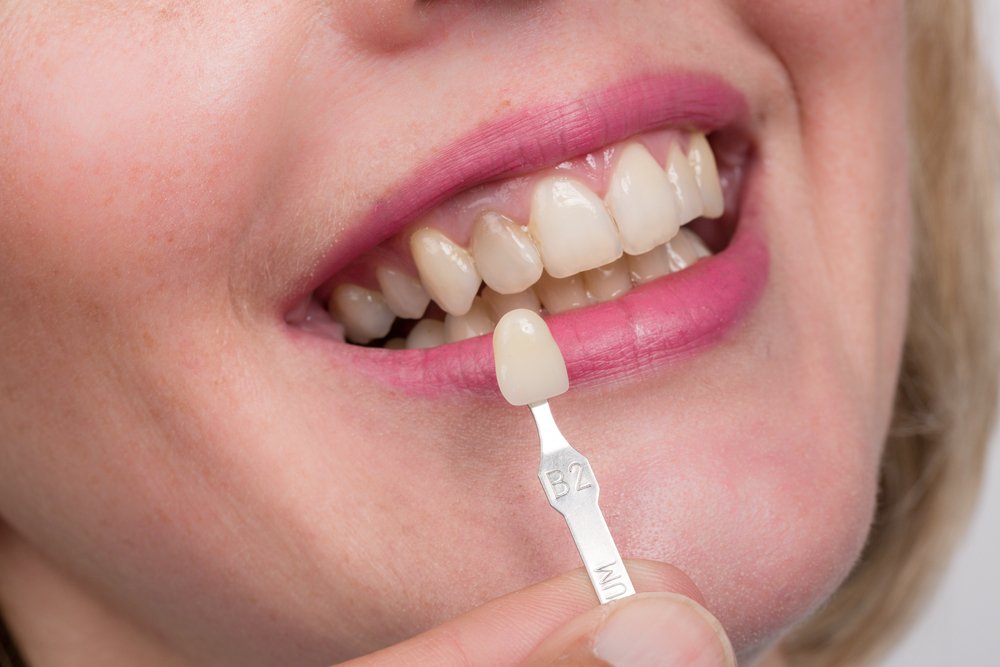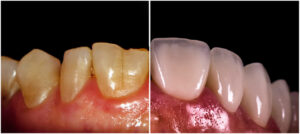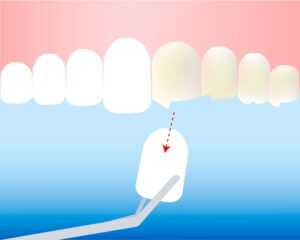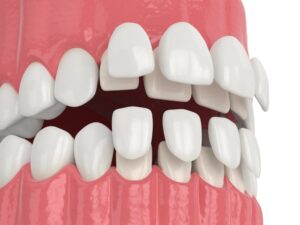The cost of veneers near Pennsylvania can vary depending on a number of factors, including the number of teeth being treated, the type of veneers used, and the experience and reputation of the dental provider. On average, veneers can cost anywhere from $800 to $2,500 per tooth.
It’s important to note that the cost of veneers may not include additional fees for consultations, x-rays, or other related services. Additionally, some dental insurance plans may not cover the cost of cosmetic procedures like veneers.
If you are considering veneers and wondering “How much do veneers cost near Pennsylvania,” it’s important to discuss the cost and your payment options with your dental provider. They may be able to provide financing or payment plans to help make the treatment more affordable. Additionally, you may want to consider getting a second opinion or shopping around to compare costs and find a provider that fits your budget and needs.
Ready for a stunning smile transformation? Discover unbeatable veneer specials in Miami and take the first step towards your dream smile. Don’t wait, schedule now and seize this limited-time opportunity!
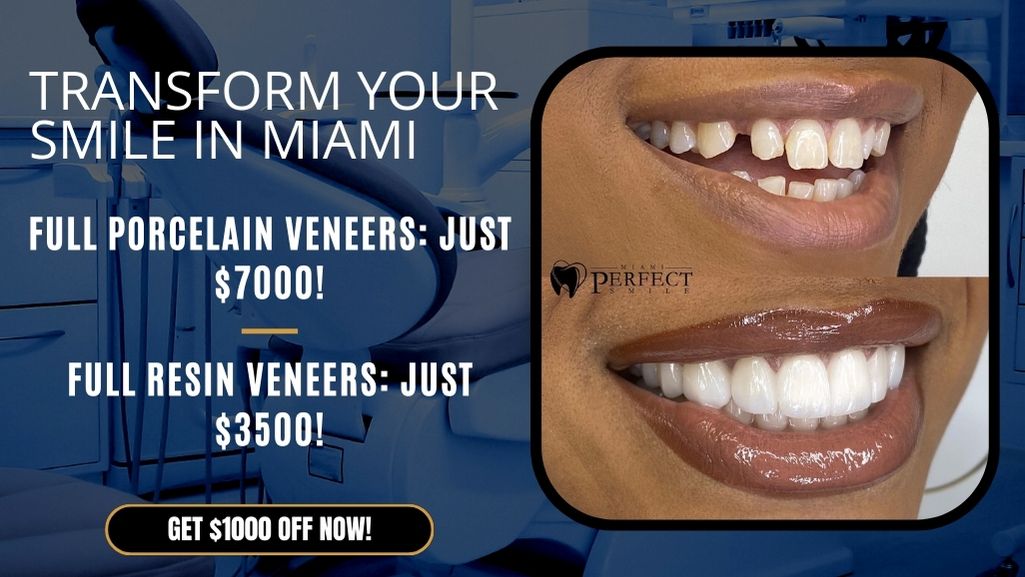
Savings Comparison with Nearby States
When considering the cost of veneers near Pennsylvania, it can be helpful to compare prices with nearby states. Here is a savings comparison for veneers in Pennsylvania compared to neighboring states:
| State | Average Cost per Veneer |
|---|---|
| Pennsylvania | $800 to $2,500 |
| New York | $1,200 to $3,000 |
| New Jersey | $1,000 to $2,500 |
| Delaware | $1,000 to $2,500 |
| Maryland | $900 to $2,500 |
| Ohio | $800 to $2,500 |
| West Virginia | $800 to $2,500 |
As you can see, the cost of veneers in Pennsylvania is relatively similar to neighboring states. However, patients in some states may be able to find lower prices, particularly in West Virginia and Ohio.
It’s important to keep in mind that the cost of veneers can vary depending on a number of factors, including the number of teeth being treated and the type of veneers used. Additionally, some dental providers may offer financing or payment plans to help make the treatment more affordable.
Learn about: The 3 most important types of Tooth Whitening
Factors that Affect Veneer Pricing
The cost of veneers can vary depending on several factors. Here are some of the most common factors that affect veneer pricing:
- Material: Veneers can be made from different materials, including composite resin and porcelain. Porcelain veneers are usually more expensive than composite resin veneers due to their higher durability and more natural appearance.
- Number of teeth: The cost of veneers typically depends on the number of teeth being treated. The more teeth that need veneers, the higher the cost will be.
- Geographic location: The cost of veneers can also vary depending on where you live. In general, veneers may be more expensive in urban areas or areas with a higher cost of living.
- Dental provider: The experience and reputation of the dental provider can also affect the cost of veneers. Providers with more experience or who have a higher demand for their services may charge more for their services.
- Additional procedures: If additional dental procedures are needed before or during the veneer process, such as tooth extraction or gum contouring, this can add to the total cost of the treatment.
- Insurance coverage: Some dental insurance plans may cover a portion of the cost of veneers if they are considered medically necessary. However, most insurance plans do not cover the cost of cosmetic procedures like veneers.

By understanding these factors, you can get a better idea of the cost of veneers and how to make them more affordable. Be sure to discuss your options with your dental provider and consider financing or payment plans if necessary.
Choosing the Right Veneer Specialist Near Pennsylvania
If you are considering veneers near Pennsylvania, it’s important to choose a reputable and experienced dental provider who can help you achieve the best possible results. Here are some factors to consider when choosing the right veneer specialist:
- Credentials and experience: Look for a dental provider who is licensed, trained, and experienced in performing veneer procedures. Consider their qualifications, years of experience, and the number of successful veneer procedures they have performed.
- Reputation and reviews: Check online reviews and ratings to see what other patients are saying about their experience with the dental provider. Look for providers with a high satisfaction rate and positive reviews from previous patients.
- Before-and-after photos: Ask the dental provider to show you before-and-after photos of their previous veneer patients. This can give you an idea of the provider’s skills and the quality of their work.
- Consultation process: A good dental provider should offer a consultation to discuss your goals and expectations for the procedure. They should also be able to explain the veneer process, answer any questions you may have, and provide you with a treatment plan.
- Technology and techniques: Look for a dental provider who uses the latest technology and techniques to ensure the best possible results. For example, some providers use computer imaging to show patients what their new smile will look like before the procedure.
By considering these factors and choosing the right veneer specialist, you can ensure a successful and satisfying veneer experience.
Financing and Payment Options for Veneers Near Pennsylvania
When considering the cost of veneers near Pennsylvania, financing and payment options can help make the treatment more affordable. Here is a table of financing and payment options for veneers near Pennsylvania:
| Financing/Payment Option | Description |
|---|---|
| Dental Financing Companies | Companies like CareCredit and LendingClub offer financing options for dental treatments, including veneers. These companies typically offer low-interest rates and flexible payment plans. |
| Credit Cards | Many credit cards offer 0% interest for a limited time, which can be used to finance the cost of veneers. However, it’s important to pay off the balance before the promotional period ends to avoid interest charges. |
| In-house Payment Plans | Some dental providers offer in-house payment plans that allow patients to pay for the cost of veneers over time. These plans may include interest charges or fees. |
| Health Savings Accounts (HSAs) or Flexible Spending Accounts (FSAs) | These accounts allow patients to set aside pre-tax funds to pay for medical expenses, including veneers. |
| Personal Loans | Patients can also consider taking out a personal loan to finance the cost of veneers. However, it’s important to consider interest rates and fees associated with the loan. |
By exploring these financing and payment options, patients can find a way to make the cost of veneers more manageable and get the smile they have always wanted.
Maintaining Your Veneers for Longevity
Proper maintenance is essential to ensure the longevity of your veneers. Here are some tips for maintaining your veneers:
- Practice good oral hygiene: Brush your teeth twice a day with a soft-bristled toothbrush and fluoride toothpaste. Floss once a day to remove plaque and food particles between your teeth.
- Avoid biting or chewing hard objects: Veneers are durable, but they can still be damaged by biting or chewing hard objects like ice, hard candy, or pencils. Avoid using your teeth to open packages or bottles.
- Wear a mouthguard: If you play sports or grind your teeth at night, wearing a mouthguard can help protect your veneers from damage.
- Avoid staining foods and drinks: Certain foods and drinks can stain your veneers over time, including coffee, tea, red wine, and dark-colored berries. If you do consume these items, rinse your mouth with water afterwards or brush your teeth if possible.
- Regular dental checkups: Visit your dental provider for regular checkups and cleanings to maintain the health of your veneers and overall oral health. Your provider can also check the condition of your veneers and make any necessary adjustments or repairs.
By following these tips, you can help ensure the longevity of your veneers and maintain a healthy, beautiful smile for years to come.
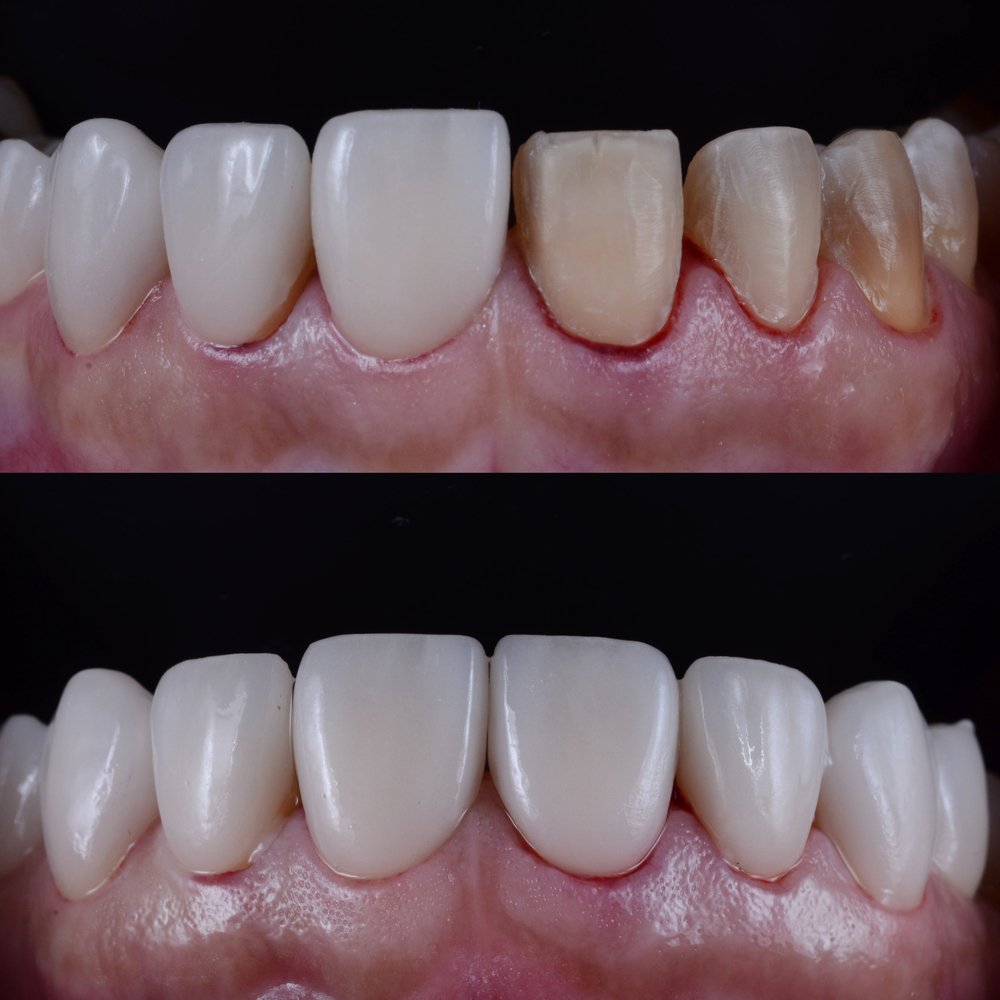
What are Veneers and How Do They Work?
Veneers are thin, custom-made shells that are placed over the front surface of the teeth to improve their appearance. They are typically made of either composite resin or porcelain, and are designed to look and feel like natural teeth.
The veneer process typically involves several steps:
- Consultation and preparation: During the consultation, your dental provider will examine your teeth and discuss your goals for the procedure. They may also take X-rays and make impressions of your teeth to create the veneers. To prepare your teeth for the veneers, a small amount of enamel may be removed from the front of the teeth.
- Temporary veneers: Before the permanent veneers are placed, temporary veneers may be placed over your teeth to protect them and give you a preview of what your new smile will look like.
- Bonding: Once the permanent veneers are ready, your dental provider will use a special bonding agent to attach the veneers to the front surface of your teeth. They will then use a special light to harden the bonding agent and secure the veneers in place.
- Final adjustments: After the veneers are bonded, your dental provider may make final adjustments to ensure that they fit comfortably and look natural.
Veneers can be used to address a variety of cosmetic issues, including discolored, misshapen, or crooked teeth. They can also be used to close gaps between teeth or improve the appearance of teeth that are too small or too large.
Overall, veneers are a popular and effective way to improve the appearance of your smile and boost your confidence. If you are interested in veneers, consult with a dental provider to discuss your options and find out if veneers are right for you.
Benefits of Getting Veneers Near Pennsylvania
Getting veneers near Pennsylvania can offer a range of benefits, including:
- Improved appearance: Veneers can transform the look of your smile by correcting a variety of cosmetic issues, such as discoloration, chips, cracks, and gaps.
- Durability: With proper care, veneers can last for many years, making them a long-lasting solution for improving your smile.
- Customizable: Veneers are custom-made to fit your teeth, ensuring a natural and comfortable fit. They are also available in a range of shades and colors to match the color of your natural teeth.
- Minimal invasiveness: Compared to other cosmetic dental procedures, such as crowns or implants, veneers require minimal preparation of the natural teeth and are less invasive.
- Stain-resistant: Porcelain veneers are highly resistant to staining, making them a good option for people who regularly consume coffee, tea, or red wine.
- Improved self-confidence: With a brighter, more attractive smile, many people experience increased self-esteem and confidence in social and professional settings.
By considering these benefits, you can make an informed decision about whether veneers are the right cosmetic dental option for you. Consult with a dental provider to discuss your options and find out if veneers are a good fit for your dental needs and goals.
References:
Chuang, R. Y., et al. (2018). The Million Dollar Smile: Changing Lives with Cosmetic Dentistry. Blue Ocean Publishing Group.
